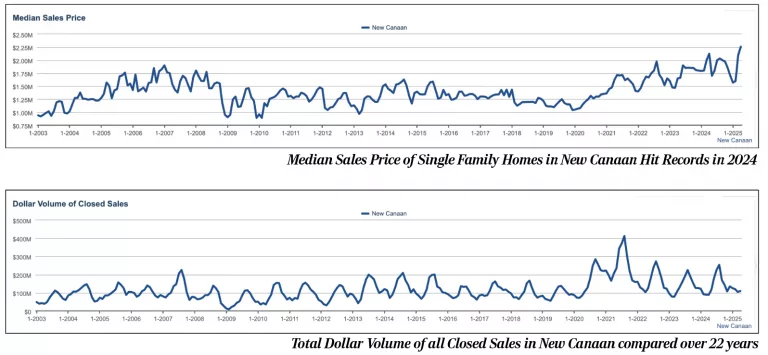
We have written often encouraging people to listen to one another’s opinions. While we may disagree, it is important that we listen. Two years of a pandemic, politics, world event; have allowed active listening to be put away for many. We were discussing this recently when we were reminded of the concept of “marketplace of ideas.”
The marketplace of ideas is the concept that the truth or acceptance of ideas depends on their competition with one another and not the opinion of a censor that may be the government or some other authority. It may seem like common sense, but it has happened throughout history, and is even happening today – only individuals are acting as censors.
The concept is similar to the economic marketplace where it is believed through economic competition superior products sell better than others. That makes sense. So, while the economic marketplaces use competition to determine winners and losers, the marketplace of ideas uses competition to judge truth and acceptability. The key here is for there to be no censorship and to encourage the free flow of ideas. This is the basic concept of the United States Constitution’s First Amendment and freedom of speech.
Interestingly, the origins of translating market competition into a theory of free speech came from John Stuart Mill. He argues against censorship in favor of the free flow of ideas. Asserting that no one alone knows the truth, or that no one idea alone embodies either the truth or its antithesis, or that truth left untested will slip into dogma, Mill claims that the free competition of ideas is the best way to separate falsehoods from fact.
One of our favorite United States Supreme Court Justices, Oliver Wendell Holmes first references the marketplace of ideas in the case Abrams v. United States. Dissenting from a majority ruling that upheld the prosecution of an anarchist for his anti-war views under the Espionage Act of 1917, Holmes wrote: “But when men have realized that time has upset many fighting faiths, they may come to believe even more than they believe the very foundations of their own conduct that the ultimate good desired is better reached by free trade in ideas — that the best test of truth is the power of the thought to get itself accepted in the competition of the market, and that truth is the only ground upon which their wishes safely can be carried out.”
Why this mini history lesson? Because the history and meaning behind the marketplace of ideas is interesting and important and something that seems to be lacking today. If we are in conversation and someone states an opinion or idea that is contrary to our own, we should not immediately shut it down (or shout it down) and discount it. We should let the conversation progress to see how it evolves. If we do not, then we have become the censors. Alternatively, if we are actively listening to their opinions and ideas then they should listen to ours.
The First Amendment guarantees the right to free speech. That does not mean some people will not be offended by what is said, nor does it mean that you cannot say anything, anytime, anywhere without repercussion. Please do not yell “fire” in a crowded movie theatre. For the most part the marketplace of ideas works out the good opinions and ideas, even if they differ from our own.
That is the crux. We all do not have the same opinions and ideas. We would be very boring if we did. Our individuality makes us interesting. It also makes us a community. A community that allows the practice of marketplace ideas, without censorship, is one that grows and thrives. Let’s work harder to be that community.


